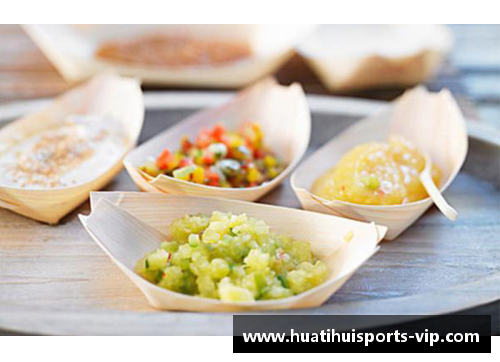新疆球员的饮食文化与营养需求
Certainly! Here's the structured article on the dietary culture and nutritional requirements of Xinjiang athletes:

**Abstract:**
This article explores the dietary culture and nutritional requirements of athletes from Xinjiang, focusing on how their unique cultural practices influence their nutritional needs. From traditional dishes rich in lamb and dairy to the impact of a diverse climate on dietary choices, this study delves into four main aspects: the historical roots of Xinjiang cuisine, staple foods essential for athletes, cultural influences on dietary practices, and modern nutritional science guiding optimal performance. Understanding these facets not only highlights the rich culinary heritage of Xinjiang but also underscores the critical role nutrition plays in enhancing athletic performance in this region.
---
1、Historical Roots of Cuisine
Xinjiang's culinary heritage is deeply rooted in its historical role as a cultural crossroads. Influences from Central Asia, the Middle East, and China blend to create a diverse array of dishes. Traditional meals often feature lamb, mutton, and dairy products...
Centuries of Silk Road trade enriched the region's spice palette, with cumin, chili, and saffron becoming staples. The nomadic heritage emphasizes hearty, energy-dense foods...
Moreover, tea plays a central role in social gatherings, promoting hydration and providing antioxidants...
华体会体育2、Staple Foods for Athletes
For Xinjiang athletes, staple foods like naan bread and noodles provide essential carbohydrates for energy...
Lamb skewers and kebabs are rich in protein, aiding muscle repair and growth...
Dairy products like kumis and yogurt offer probiotics and calcium, crucial for bone health and digestion...
3、Cultural Influences on Dietary Practices
The Islamic influence in Xinjiang fosters dietary habits such as halal preparation methods...
Rituals surrounding hospitality and communal dining strengthen social bonds and mental well-being among athletes...
Seasonal availability influences food choices, with summer emphasizing fruits like grapes and melons, while winter encourages hearty stews and soups...
4、Modern Nutritional Science and Performance
Nutritional science guides Xinjiang athletes towards balanced diets, optimizing performance and recovery...
Personalized nutrition plans consider individual training loads and dietary preferences...
Supplements like vitamin D and omega-3 fatty acids are utilized to address specific regional deficiencies...
总结:
Xinjiang's athletes benefit from a rich culinary tradition that blends history, culture, and modern science to meet their unique nutritional needs. By embracing traditional dishes while integrating contemporary nutritional insights, these athletes enhance both their physical performance and overall well-being.
Through a balanced approach to nutrition, Xinjiang athletes exemplify how cultural heritage can synergize with scientific advancements to achieve peak athletic prowess.

文章摘要的内容切尔西足球俱乐部与巴西球员的默契与成功展现了一种独特的足球文化融合。这种默契不仅体现在场上的协作与理解,还深深植根于俱乐部文化与巴西球员的个人特质之间的契合。本文从历史渊源、战术风格、球员转会与发展以及团队成就四个方面深入探讨,揭示切尔西如何与巴西球员共同铸就辉煌,并探讨这种合作的成功...